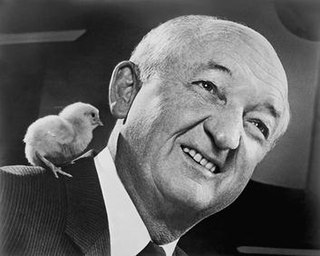A Quote by Steve Ballmer
We don't have a monopoly. We have market share. There's a difference.
Quote Topics
Related Quotes
If a company is not a monopoly, then the law assumes market competition can restrain the company's actions. No problem. If a monopoly exists, but the monopoly does not engage in acts designed to destroy competition, then we can assume that it earned and is keeping its monopoly the pro-consumer way: by out-innovating its competitors.
The mere possession of monopoly power, and the concomitant charging of monopoly prices, is not only not unlawful, it is an important element of the free-market system. The opportunity to charge monopoly prices - at least for a short period - is what attracts 'business acumen' in the first place; it induces risk taking that produces innovation and economic growth.
In the whole history of capitalism, no one has been able to establish a coercive monopoly by means of competition in a free market...Every single coercive monopoly that exists or ever has existed...was created and made possible only by an act of government...which granted special privileges (not obtainable in a free market) to a man or a group of men, and forbade all others to enter that particular field.
And maybe the cereal makers by and large have learned to be less crazy about fighting for market share-because if you get even one person who's hell-bent on gaining market share.... For example, if I were Kellogg and I decided that I had to have 60% of the market, I think I could take most of the profit out of cereals. I'd ruin Kellogg in the process. But I think I could do it.
I am the largest market shareholder of clothing in the U.K. and I am not a destination shop for food. If the clothing market is affected - and it has been - and I hold my market share mathematically, then fine, I am doing no worse than the market is doing, which is exactly the case, but I'm losing revenue.
I am the largest market shareholder of clothing in the UK and I am not a destination shop for food. If the clothing market is affected - and it has been - and I hold my market share mathematically, then fine, I am doing no worse than the market is doing, which is exactly the case, but I'm losing revenue.
































